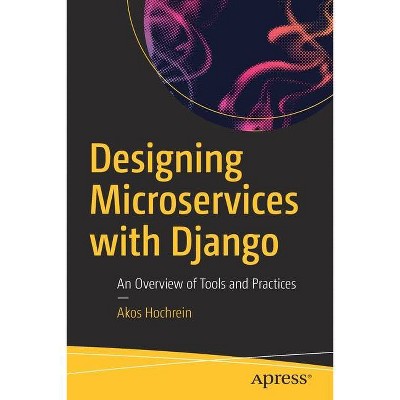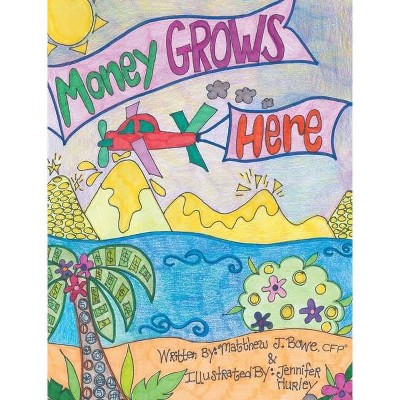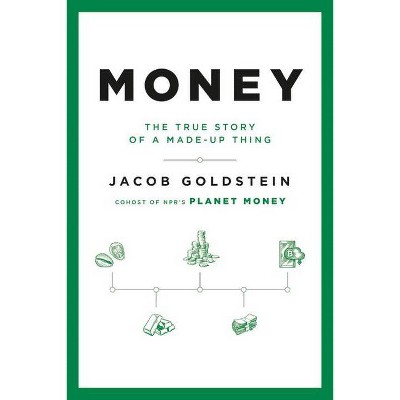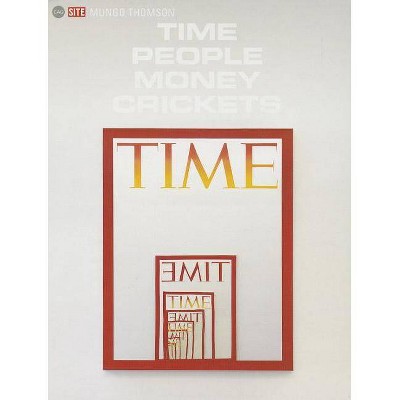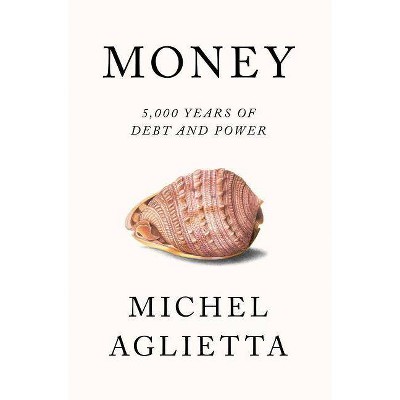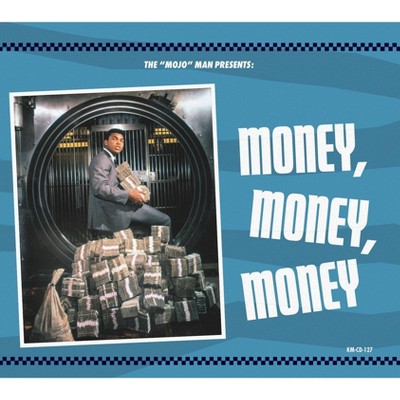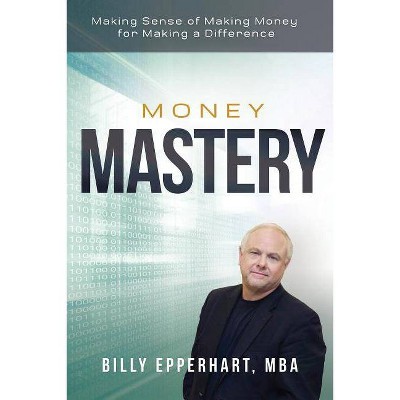Plastic Money - by Alya Guseva & Akos Rona-Tas (Hardcover)
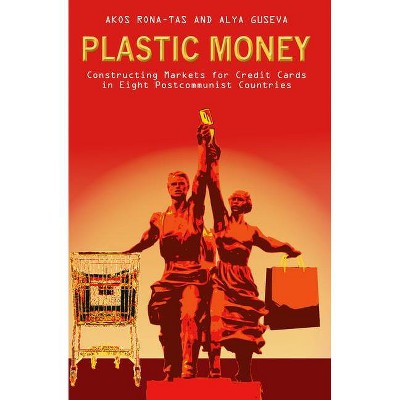
Similar Products
Products of same category from the store
AllProduct info
<p/><br></br><p><b> About the Book </b></p></br></br><i>Plastic Money</i> tells the story of how banks constructed markets for credit cards in eight postcommunist countries: Czech Republic, Hungary and Poland, Bulgaria, Russia, Ukraine, China and Vietnam. Chronicling the institutional and cultural challenges that had to be overcome in order to generate demand, this book places the rise of consumer credit in the context of transitions from communism to capitalism.<p/><br></br><p><b> Book Synopsis </b></p></br></br><i>Plastic Money</i> tells the story of how banks constructed markets for credit cards in eight postcommunist countries: Czech Republic, Hungary and Poland, Bulgaria, Russia, Ukraine, China and Vietnam. Chronicling the institutional and cultural challenges that had to be overcome in order to generate demand, this book places the rise of consumer credit in the context of transitions from communism to capitalism.<p/><br></br><p><b> Review Quotes </b></p></br></br><br><i>Plastic Money</i> is a fascinating study of the creation of new markets. Investigating the emergence of credit cards in eight former socialist countries, Guseva and Rona-Tas show how the social, cultural, technological, and legal infrastructure was built in the process of transition. Their account is an important theoretical and empirical contribution to our sociological understanding.--Jens Beckert "Director of the Max Planck Institute for the Study of Societies"<br><br>[B]y examining the formation of credit card markets in eight postcommunist countries, Akos Rona-Tas and Alya Guseva show how [many factors] played a role in fashioning these markets, albeit in different ways in different countries. And in doing so I place it among other wonderful books about market formation . . . [T]here is much to learn here about how credit markets and the rules and practices that generate them are constructed. These are lessons that should be of interest not just to sociologists but economists too.--John L. Campbell "<i>American Journal of Sociology</i>"<br><br>Akos Rona-Tas and Alya Guseva's empirical research on the spread of payment and credit cards into post-communist economies is highly original and breaks new ground. They adroitly engage a number of important questions about globalization, the emergence of a consumer society, market creation, and the transition from a command to a market economy. A well-written and lively book.--Bruce Carruthers "Northwestern University"<br><br>The authors provide an informative overview of the diverse actors who populate the early payment and credit card markets, including banks, cardholders, merchants, the state, and even multinational employers staking a place in nascent capitalist economies and owners of newly privatized enterprises . . . <i>Plastic Money</i> is meticulously researched and analytically appealing, and it is an important contribution to our understanding of the postcommunist regions of Europe and the developing economic postcommunism of Asian markets.--Daina S. Eglitis "<i>Slavic Review</i>"<br><br>This book represents a peak achievement of two of the best economic sociologists around. Their insight into the development of credit and debit card markets in eight transitional economies is result is an astoundingly fine empirical study.--Richard Swedberg "Cornell University"<br><br>This fascinating study of the creation of credit card markets in eight European and Asian postcommunist countries is the latest and most expansive work on the subject by Rona-Tas and Guseva . . . The expanded empirical breadth of the book is matched with a new set of substantive questions about how each country overcame a common set of frictions impeding the development of card markets . . . Rona-Tas and Guseva provide a generalized framework for thinking about market generation and methodological cues for measuring it, and I hope that in the near future we will see more work that links processes of market creation and ongoing functionality.--Christopher Yenkey "<i>Administrative Science Quarterly</i>"<br><br>With verve and compelling evidence, Alya Guseva and Akos Rona-Tas guide us into the intricate world of credit and debit cards in eight post-communist countries. Along the way, <i>Plastic Money</i> boldly demolishes myths about how markets, money, and globalization work. An inspired contribution to economic sociology.--Viviana A. Zelizer "Author of <i>Economic Lives: How Culture Shapes the Economy</i>"<br><p/><br></br><p><b> About the Author </b></p></br></br>Akos Rona-Tas is Associate Professor of Sociology at the University of California, San Diego and Research Associate at Met@risk, INRA in Paris. He is the author of <i>The Great Surprise of the Small Transformation</i>. Alya Guseva is Associate Professor of Sociology at Boston University. She is the author of <i>Into the Red</i>.
Price History
Price Archive shows prices from various stores, lets you see history and find the cheapest. There is no actual sale on the website. For all support, inquiry and suggestion messagescommunication@pricearchive.us


